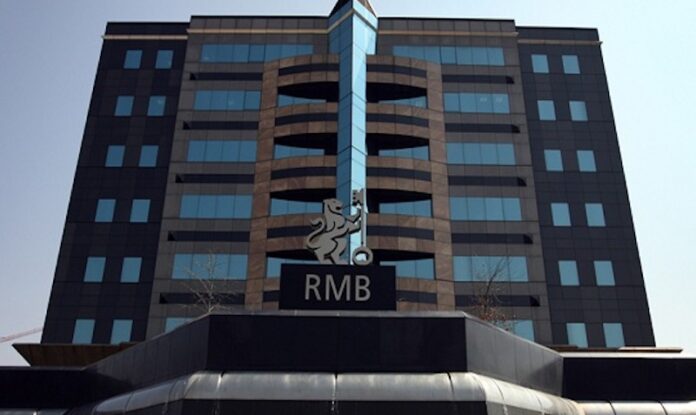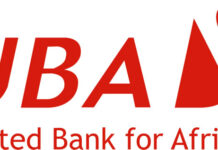CHIGOZIE AMADI
Rand Merchant Bank (RMB), a division of First Rand Bank has said that it played a key role in a $1.25 billion financing package for Indorama Eleme Fertilizer & Chemicals Limited.
RMB, acting as a Lead Arranger alongside International Finance Corporation (IFC) as Mandated Lead Arranger, contributed $75 million via an 8-year senior debt under the IFC A/B Loan program to support Indorama’s expansion in Nigeria.
The comprehensive financial package is expected to support Indorama’s plan to develop new port terminal for exports in Port Harcourt and third nitrogenous urea fertilizer production line with an annual capacity of 1.4 million metric tons.
Speaking, Senior Transactor for Infrastructure Finance, Africa ex-SA at RMB, Enyinna Anumudu explained that the expansion was intended to strengthen food production and security across regional and international markets, as well as support Nigeria’s heavy industry sector.
He said, “First Rand Bank through its RMD division is pleased to continue its support of Indorama Fertilizer’s operations in Nigeria as a strategic client within the heavy industry space in Nigeria. The Train 3 project will support the processing of associated and non-associated gas in the domestic economy while also generating significant USD export earnings in line with the non-oil exports diversification strategy of the Nigerian Federal Government. This project underscores our willingness to collaborate with key stakeholders in delivering blended finance for strategic industrial assets in Nigeria and Africa in general.”
The financing package was mobilized in collaboration with other development finance institutions and commercial banks. They are AfDB, Bangkok Bank, British International Investment, Citibank, DZ Bank, and Emerging Africa Infrastructure Fund.
Anumudu said this aligns with Nigeria’s strategic efforts to eliminate routine gas flaring by 2030.
The expansion of Indorama’s facilities is expected to generate up to 8,000 direct and indirect jobs, bolstering job creation, promote Nigeria’s drive of becoming a major player in the global fertilizer market as well as promote industrial growth within the region.






















